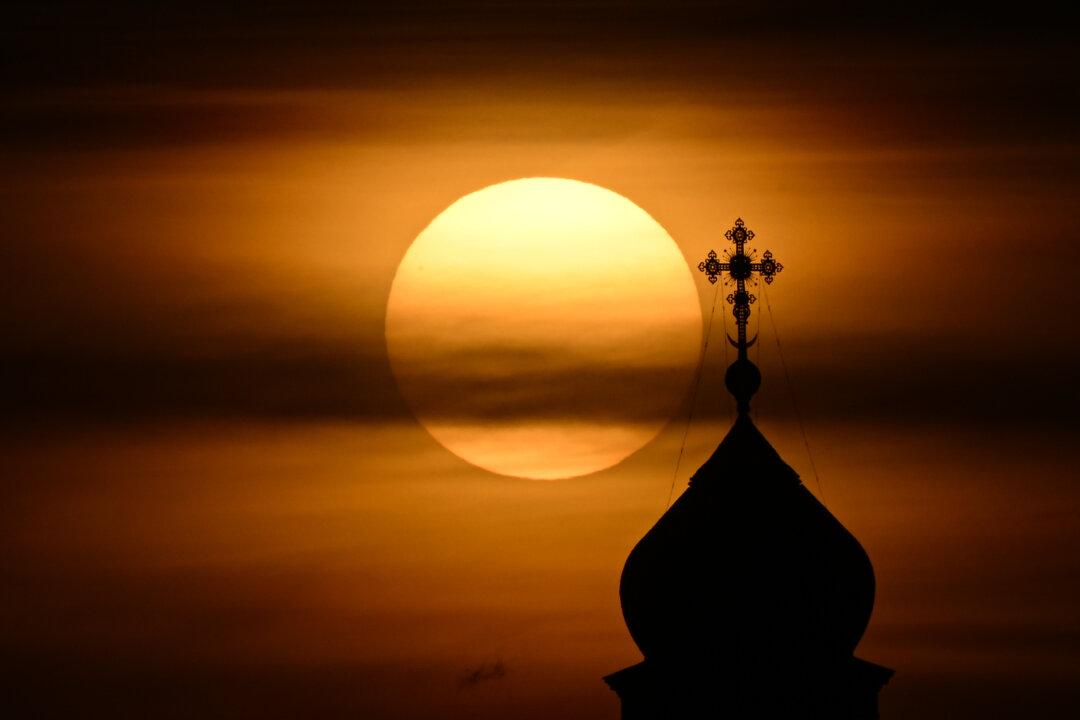JOHANNESBURG—In June 2023, Steven Gruzd witnessed a sight he now describes as an “anomaly,” while walking a street in Tanzania’s balmy capital, Dar es Salaam.
“It was a group of Tanzanian clerics wearing the distinctive robes and headdress of the Russian Orthodox Church,” says the academic, who heads the African Governance Program at the South African Institute of International Affairs in Johannesburg.





